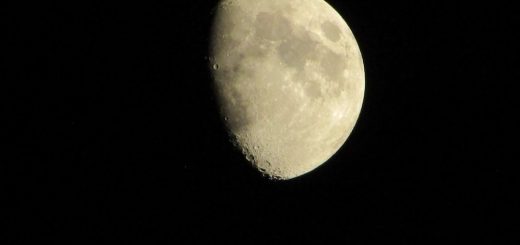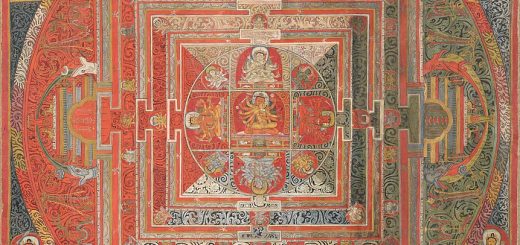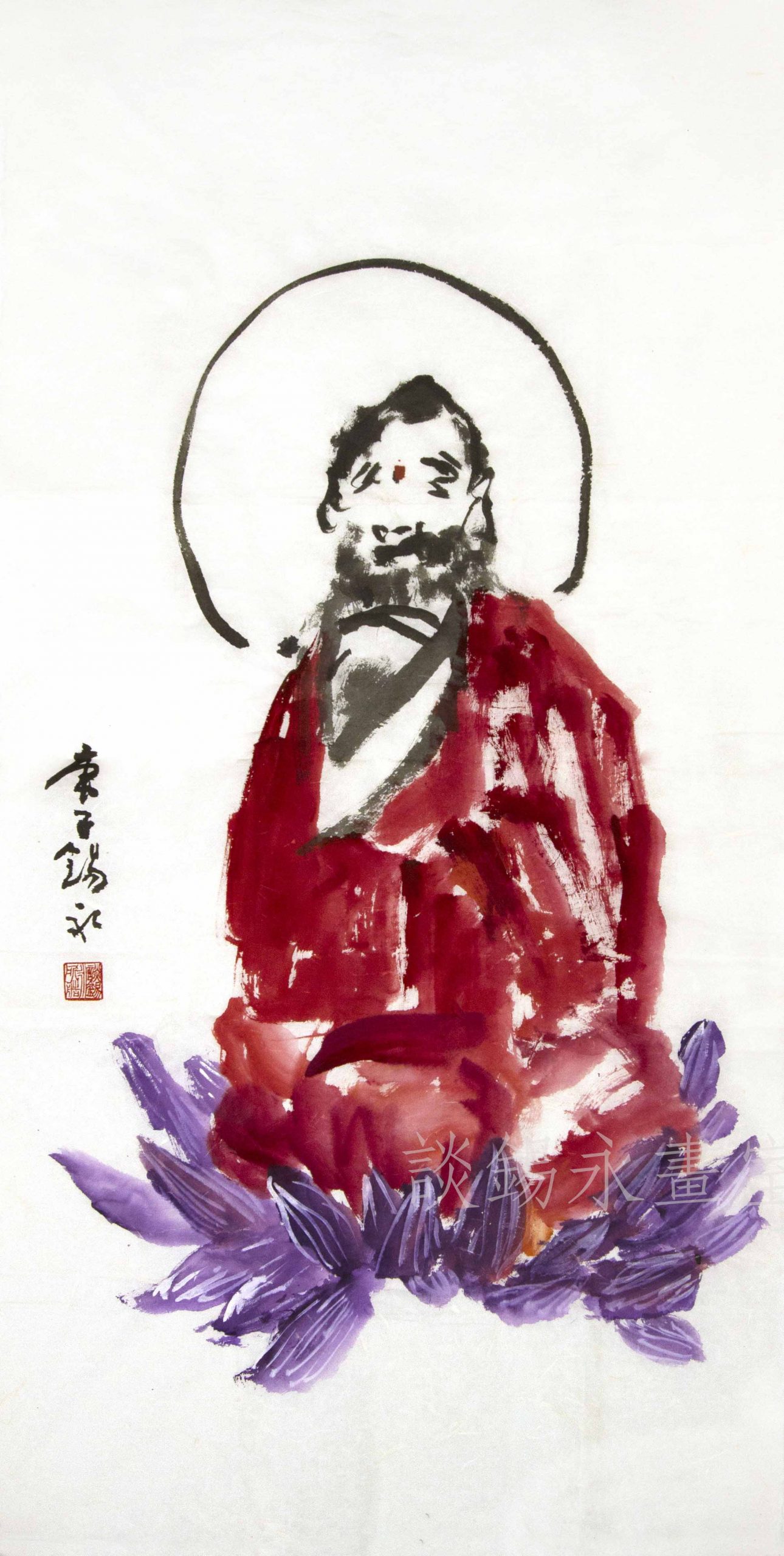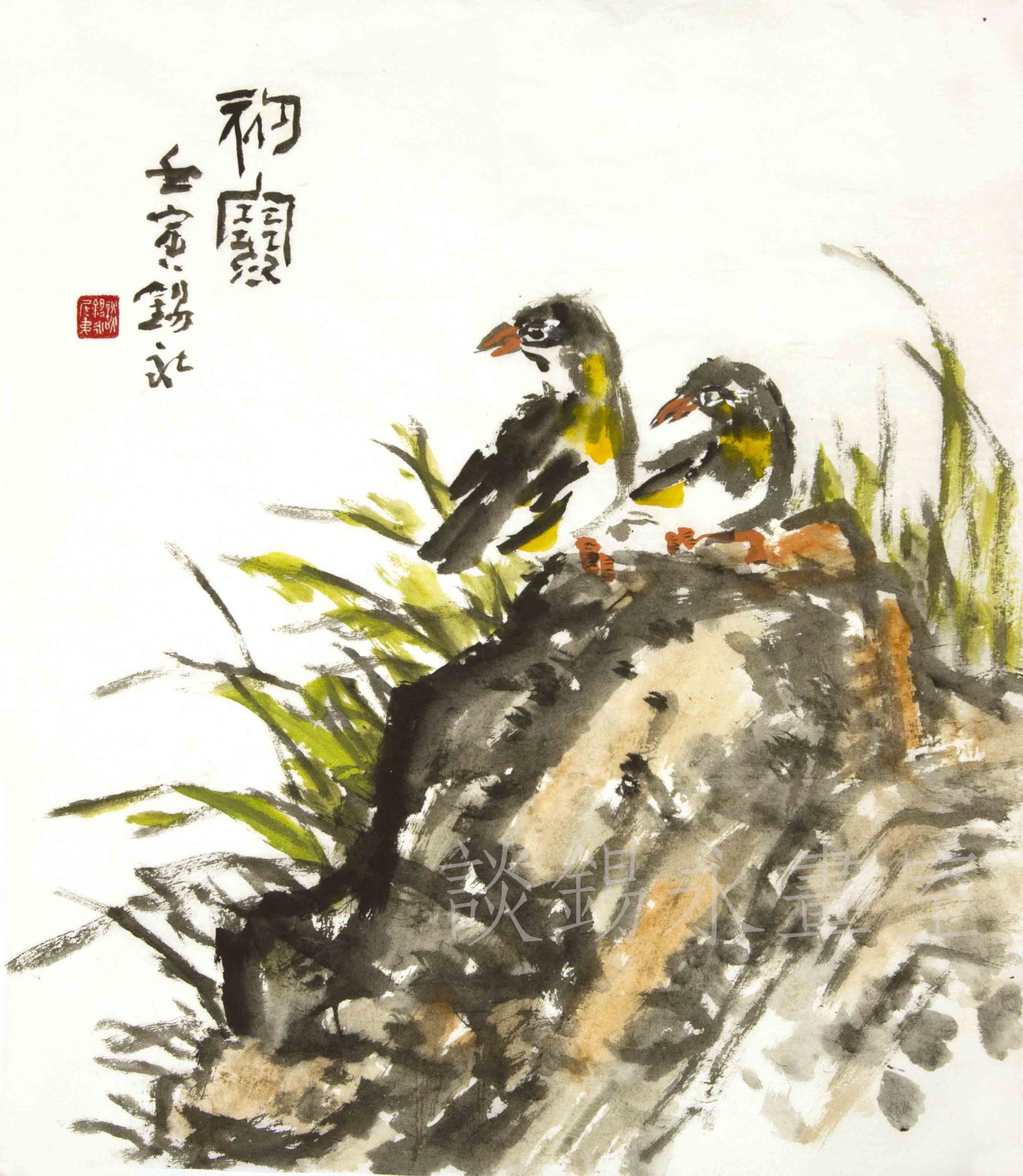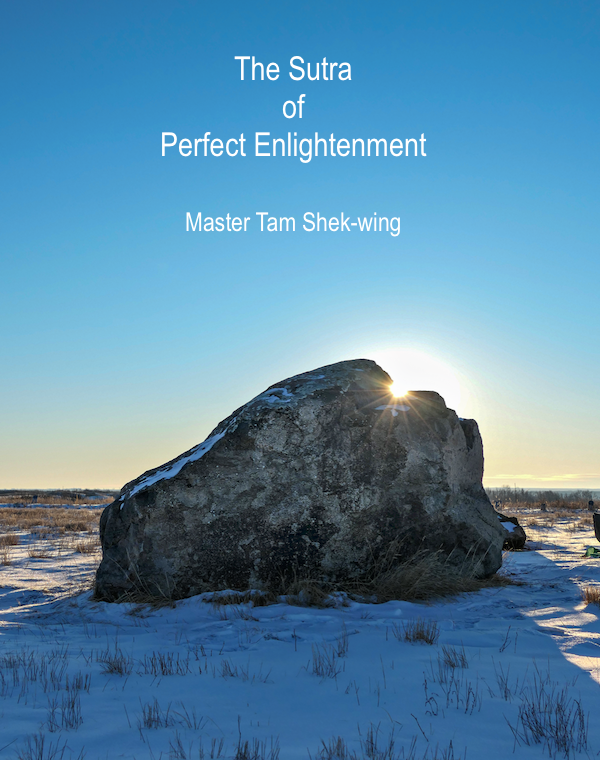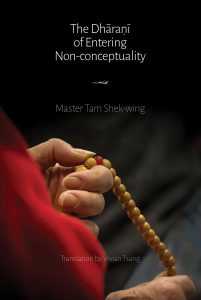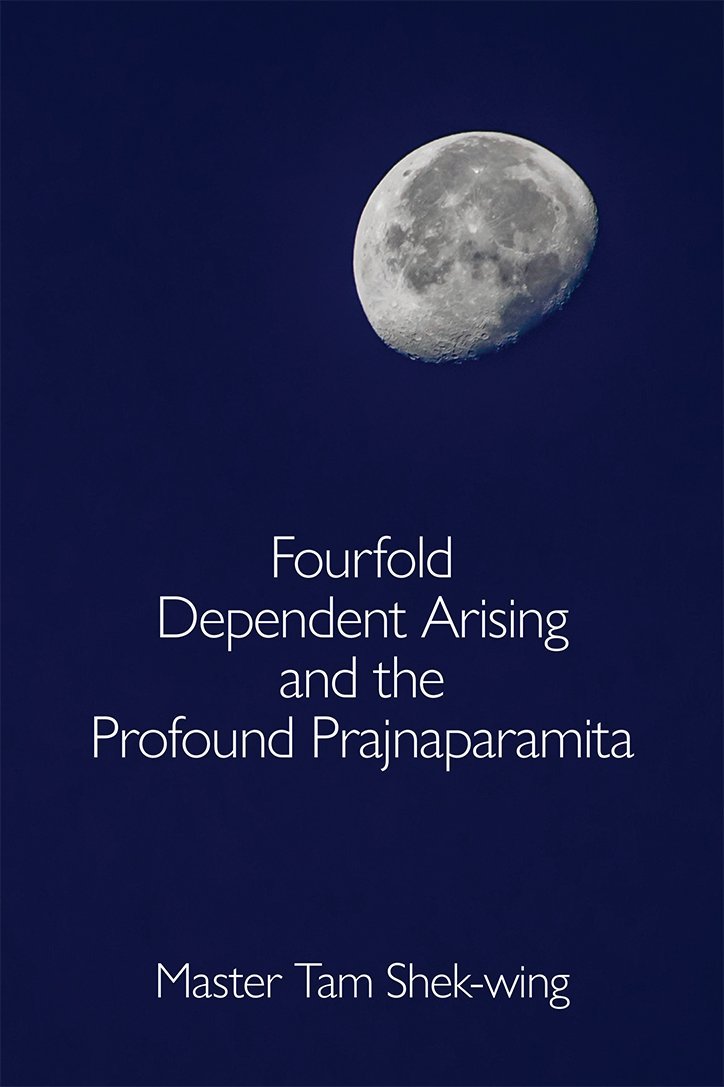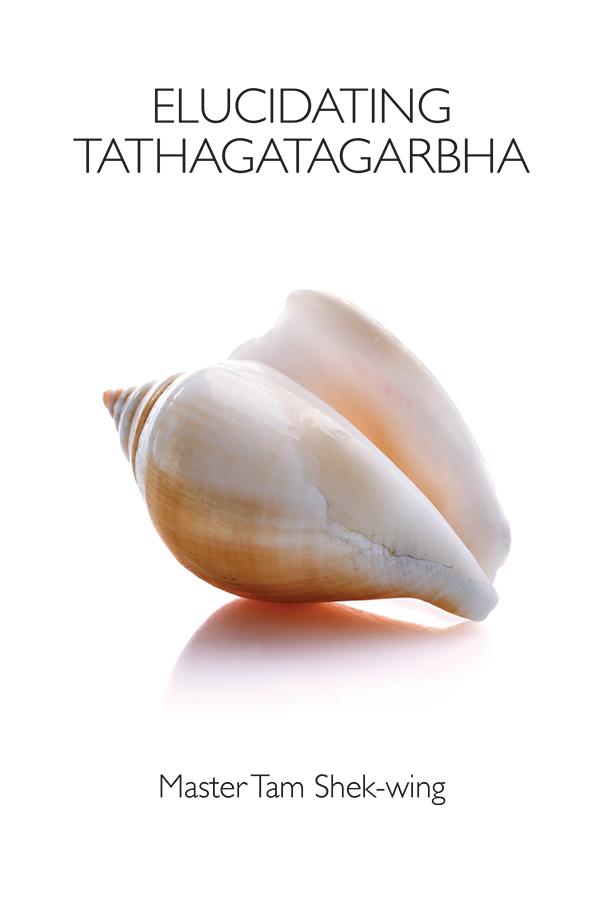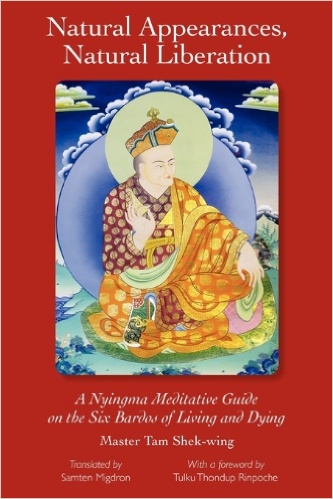Perfect Enlightenment 2: On Its Authenticity
Translator’s Note: Back in 2016. by readers’ request, Master Tam decided to present his commentary to the Sutra of Perfect Enlightenment as an overview to the Buddhist foundation, practice, and fruition. He posted a weekly column on the VBA website (Chinese) between March and July 2016. The content was subsequently edited and published in 2020 as The Secret Meaning of the Sutra of Perfect Enlightenment, which is the 12th book of a series called Beyond Words. This commentary offers a practical overview and clarifies important questions on awareness and the Buddha-Within. We have now translated the book into English, we have turned it into a monthly column. This post is the second post in the series.
This post is part 2 of 4 of the Master Tam’s Introduction to the Sutra of Perfect Enlightenment [Part 1, Part 3, Part 4].
On the Authenticity of the Sūtra of Perfect Enlightenment
However, during the Kamakura period (13th century), Dōgen (1200-1253), the founder of Sōtō Zen, began doubting the authenticity in the Sūtra of Perfect Enlightenment andŚūraṅgama Sūtra. He believed that the two texts were not authentically Buddhist, because he thought they contained thoughts that are not Buddhist. At first, his claims were not taken seriously in Japan, but in recent years, scholars revisited Dōgen’s perspective, igniting the interest to examine the authenticity of the two scriptures.
Those who agree with Dōgen on the Sūtra of Perfect Enlightenment is not authentic has two reasons. 1. There exists no known historical record of it being translated; 2. There are doubts on the identity of its translator. These circumstantial reasons were used as support.
Regarding Dōgen’s doubt, I have written another piece answering a reader’s question, which is included here in the appendix. The piece should demonstrate that Dōgen’s understanding was a misunderstanding.
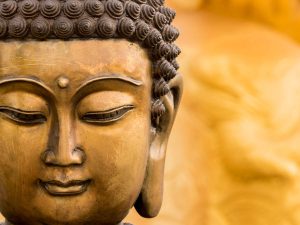 Regarding the absence of historical records, this alone is not enough to refute the authenticity of the text. There exists other translations that were absent in the official records. A scripture that was not translated by “the king’s order” (奉詔譯) could be translated in private. A private translation being excluded from of the record does not seem all that unusual. In fact, Zhisheng (智昇), a monk from the Tang dynasty, defended the Sūtra of Perfect Enlightenment (續古今譯經圖紀, Taishō Vol. 55, No. 2152). He wrote, “Śramaṇa Buddhatrāta, also known as Jue Jiu in Chinese, came from Jibin in Northern Indian. He translated the Sūtra of Perfect Enlightenment, one volume, at the White Horse Temple at the Eastern Capital City. It was translated recently but the exact year was unknown. It was done for the purpose of presenting the Buddhist practice. The translation is faithful and without deceit, even though the date is unknown.” This is to say, the time of translation is unknown, the content is authentic. It was deemed legitimate.
Regarding the absence of historical records, this alone is not enough to refute the authenticity of the text. There exists other translations that were absent in the official records. A scripture that was not translated by “the king’s order” (奉詔譯) could be translated in private. A private translation being excluded from of the record does not seem all that unusual. In fact, Zhisheng (智昇), a monk from the Tang dynasty, defended the Sūtra of Perfect Enlightenment (續古今譯經圖紀, Taishō Vol. 55, No. 2152). He wrote, “Śramaṇa Buddhatrāta, also known as Jue Jiu in Chinese, came from Jibin in Northern Indian. He translated the Sūtra of Perfect Enlightenment, one volume, at the White Horse Temple at the Eastern Capital City. It was translated recently but the exact year was unknown. It was done for the purpose of presenting the Buddhist practice. The translation is faithful and without deceit, even though the date is unknown.” This is to say, the time of translation is unknown, the content is authentic. It was deemed legitimate.
But regarding the translator, Buddhatrāta’s background was not documented, nor was his life since his arrival to China. It was as if he fell from the sky. We only know that after he completed the translation at White Horse Temple, he returned to India. This is unlike other India translators who came to China, something which no one attempted to explain. This likely explains why Lü Cheng (呂澂, 1896-1989) of China School of Inner Classics (支那內學院), took Dōgen’s perspective, concluding that it was authored by a Chinese monk and not transmitted from India. Whether Lü’s conclusion is reliable or not, we should take into account that the School of Inner Classics deemed at least 90 scriptures as inauthentic. Even Śūraṅgama Sūtra was considered a forgery. We, then, can conclude that the so-called inauthenticity is based only on the wording, and not on the substance, which is of course unfair.
It is my opinion that one can take a fair and balanced look at the content, like what Zhisheng did, instead of jumping to conclusion based on the year of translation. One can investigate further if the identity of the translator is deemed suspect. The lack of historical record is not sufficient to rule out a person’s existence. For many scriptures, even the name of the translator is missing. Does that mean they are all fake?
I follow Zhisheng’s approach when reading the Sūtra of Perfect Enlightenment. Because it echoes the views of the Great Middle Way, the Buddha-Within, and the teaching of non-conceptuality, as well as profound Prajñāpāramitā, it is inappropriate to cast doubt into its authenticity. Taking a step back, even if it were fake, we can consider Lü’s saying, that the author of this text must be a master in Yogācāra Madhyamaka, an accomplished practitioner of the Great Middle Way. In that sense, why can’t we read it like a treatise? One can still benefit in the process. After all, not many scriptures are inclusive of the foundation, path, and fruition of Buddha-Within within one single text. Losing it is a great loss to understanding Buddhist ultimate teaching; rejecting it is akin to rejecting Buddhist methodical teaching of realm, practice, and fruition.

